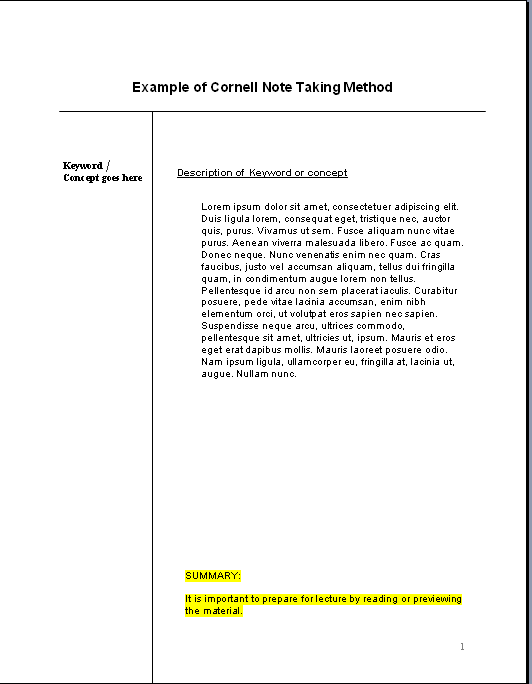Classical Greek Numbers - Demon Business Broadband.
Attic numbers were later replaced by the Ionian numbers even in Attica. (Attica is a region of Greece whose main city is Athens). Attic numbers were largely used for cardinal numbers (for counting, not for ordering) and were not used to represent fractions.Count with Greek numbers. The ancient Greeks originally had a number system like the Romans, but in the 4th century BC, they started using this system. It was a number system closer to Arabic numbers (our own number system). Instead of counting I, II, III like the Egyptians or the Romans, they had different symbols for 1,2,3 up to 9, just like.Greek Number Converter. The attics are a number system used by the early Greek. The word attic refers to the place Attica, which is the main city of Athens. The arithmetic operation in attic numbers seems to be difficult but the division is calculated as we calculate today. A simple and useful attic greek numerals converter with the attic.
The (Ionian) Greek system of enumeration was a little more sophisticated than the Egyptian though it was non-positional. Like the Attic and Egyptian systems it was also decimal. Its distinguishing feature is that it was alphabetical and required the use of more than 27 different symbols for numbers plus a couple of other symbols for meaning. This made the system somewhat cumbersome to use.The Greeks had two number systems. First is the Acrophonic or Herodian or Attic numerals. This numerals were used by the ancient Greeks. Second is the Milesian, Alexandrian, Ionic, or Alphabetic numerals. The Greek numeric system operates on the additive principle in which the numeric values of the letters are added together to form the total.

Nonetheless, the Greek mathematician and inventor Archimedes (287-212 BCE) was interested in even larger numbers. So he came up with a system of numbering that went way beyond the one of his contemporaries in fact, way beyond our modern system of naming numbers. The rest of the ancient Greek numbering shown below is due to Archimedes.












